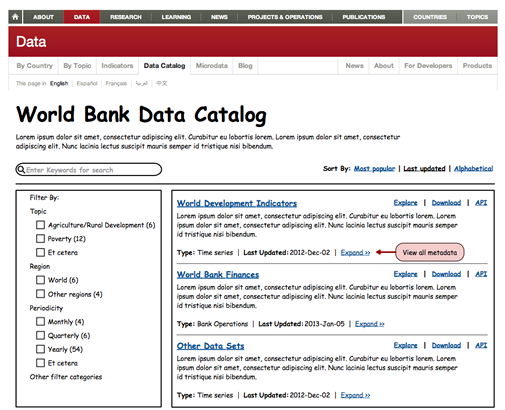Open Data in the US: Navigating the Privacy Minefield

Open Data and Privacy Policies: North Carolina How can we be rigorous and thorough and at the same time protect citizen privacy? This is not about Raleigh's open data portal currently under construction. This is about the fractured and ad hoc privacy policies of open data initiatives in the United States. Privacy is complicated. In my conversations with policy folks at the Open Knowledge Foundation several topics around privacy came up. While none of them really solve the privacy issue for open data efforts in the US perhaps there can be work around. We as open data advocates in the US can begin to develop a set of principles. We can police our initiatives in the hope that privacy will one day catch up. Open data initiatives in the United States are not, for the most part, governed by federal law. In a few cases, federal law does have remedies for certain kinds of data (think HIPAA ). Most law affecting privacy happens at the state level which makes a coherent national model of



